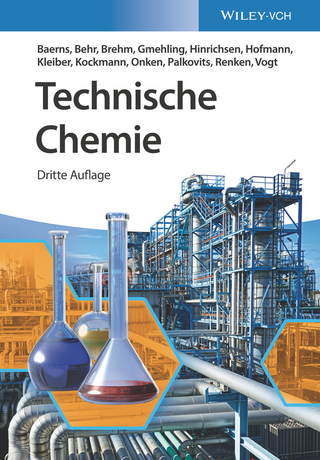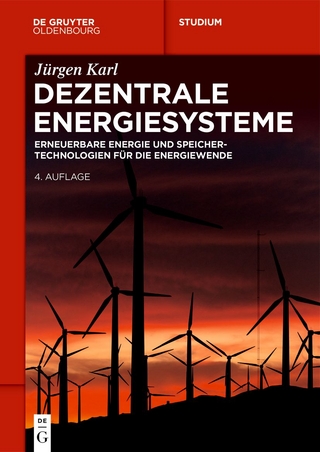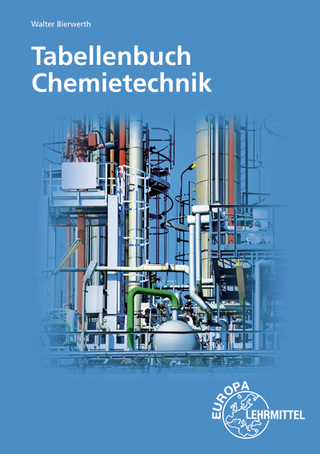
Machine Learning for Membrane Separation Applications
Elsevier - Health Sciences Division (Verlag)
978-0-443-27422-0 (ISBN)
- Noch nicht erschienen (ca. Januar 2025)
- Versandkostenfrei innerhalb Deutschlands
- Auch auf Rechnung
- Verfügbarkeit in der Filiale vor Ort prüfen
- Artikel merken
Dr. Mashallah Rezakazemi received his BEng. and MEng. degrees in 2009 and 2011, respectively, both in Chemical Engineering, from the Iran University of Science and Technology (IUST), and his Ph.D. from the University of Tehran (UT) in 2015. Dr. Rezakazemi’s research is in the general area of the Membrane Technology, Adsorption, Environmental Science to the service of the broad areas of learning and training. Specifically, his research in engineered and natural environmental systems involves: (i) membrane-based processes for energy-efficient desalination, CO2 capture, gas separation, and wastewater reuse, (ii) sustainable production of enriched gas stream, water and energy generation with the engineered membrane, (iii) environmental applications and implications of nanomaterials, and (iv) water and sanitation in developing countries. He has coauthored in more than 190 highly cited journal publications, conference articles and book chapters. He has received major awards (×16) and grants (×12) from various funding agencies in recognition of his research. He was awarded as country's best researcher in technical and engineering group, Ministry of Science, Research and Technology, Iran. Rezakazemi published Wiley's book “Membrane Contactor Technology: Water Treatment, Food Processing, Gas Separation, and Carbon Capture. Dr. Kiran Mustafa earned her doctorate from The Women University Multan and currently serves as a Chemistry Lecturer in the Higher Education Department, Punjab, Pakistan. During her doctoral studies, she conducted research on polymeric membranes for water treatment with desalination, degradation, and disinfection properties. She has a profound interest in research and publishing, having published a book titled "Nanotechnology and Generation of Sustainable Hydrogen" with Springer, as well as numerous journal articles and 10 book chapters. Rao Muhammad Mahtab Mahboob is a Software Engineer with expertise in data science. He is currently serving as a Lecturer in the University College of Management and Sciences Khanewal, Pakistan. His masters research involved predictive analysis and data mining. His areas of interests include Machine Learning, Big Data and Bioinformatics. He had researched and published articles on artificial intelligence and wastewater treatment, component-based development, concurrency control techniques, machine learning algorithms in breast cancer prognosis, security concerns of IoT in healthcare and benefits of Big Data in healthcare.
1. Introduction to Membrane Technology and Machine Learning
2. Fundamentals of Machine Learning
3. Membrane Fabrication Techniques
4. Membrane Characterization Techniques
5. Machine Learning Algorithms and Their Applicability to Membrane Processes
6. Gas Separation with Membranes
7. Water Treatment using Membrane Technology
8. Machine Learning in Membrane Fouling and Aging Predictions
9. Advanced Membrane Materials: A Machine Learning Perspective
10. Membrane Process Simulation and Machine Learning Integration
11. Challenges and Opportunities in Merging ML with Membrane Technology
12. Real-world Case Studies: Machine Learning in Membrane Applications
13. Conclusion and the Future of ML in Membrane Technology
| Erscheint lt. Verlag | 1.1.2025 |
|---|---|
| Verlagsort | Philadelphia |
| Sprache | englisch |
| Maße | 191 x 235 mm |
| Themenwelt | Naturwissenschaften ► Chemie ► Technische Chemie |
| Technik | |
| ISBN-10 | 0-443-27422-3 / 0443274223 |
| ISBN-13 | 978-0-443-27422-0 / 9780443274220 |
| Zustand | Neuware |
| Haben Sie eine Frage zum Produkt? |
aus dem Bereich


